Keywords: South Australia
There are more than 200 results, only the first 200 are displayed here.
-
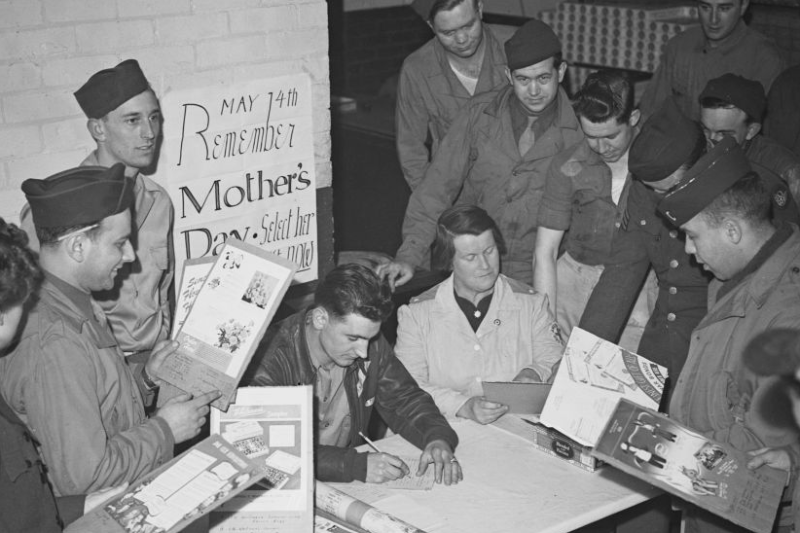
AUSTRALIA
- Kerrie Handasyde
- 03 May 2022
7 Comments
Mother’s Day was a religious event, as was the older English tradition of Mothering Sunday in which worshippers returned home to their ‘mother church’. But as this new celebration of Mother’s Day spread around the English-speaking world, it preserved in public and private ritual a particular idea of womanhood. It asserted that true womanhood was motherly.
READ MORE 
-
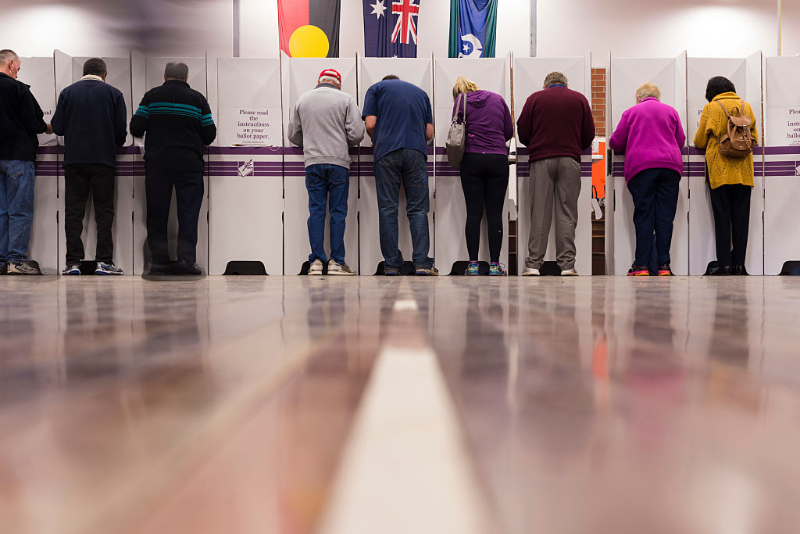
AUSTRALIA
- Binoy Kampmark
- 21 April 2022
7 Comments
Few sights are more desperate than old political parties on the run. In this Australian federal election, the challenge from independents and smaller parties has sparked a nervous reaction, much of it negative and most of it misplaced.
READ MORE 
-
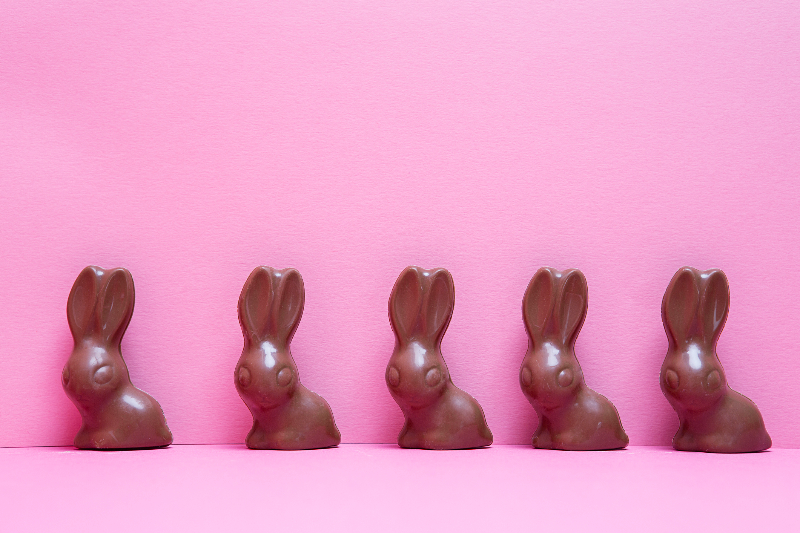
AUSTRALIA
- Andrew Hamilton
- 13 April 2022
11 Comments
In our culture, Easter celebrates the benignity of the ordinary. It is a time for getting together with family, for going away to bush or beach, and in southern states a time of mild weather ideal for watching big football matches and other sport. The important question raised now by Easter is whether the meanings of Australian Easter, and indeed those available to our secular society, have the depth needed to handle our present predicaments.
READ MORE 
-
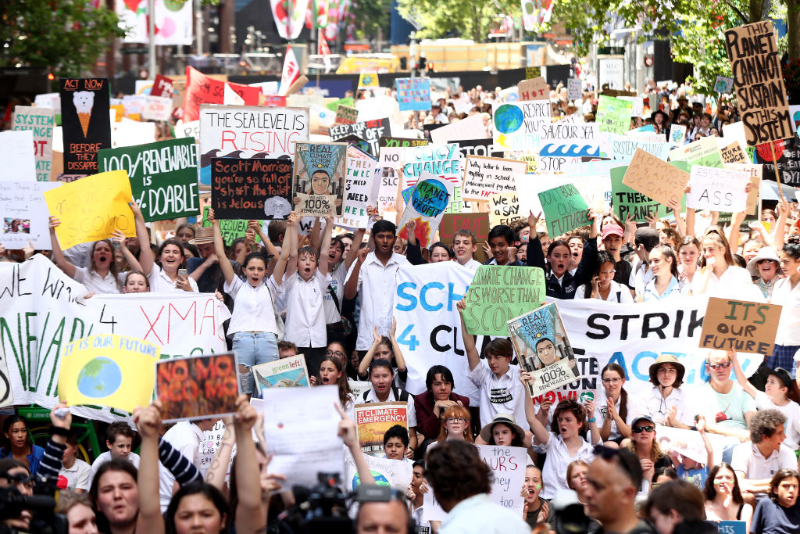
AUSTRALIA
- Binoy Kampmark
- 07 April 2022
10 Comments
The children have been busy. On matters of environmental justice, Australia has witnessed much legal activity from youthful citizens who, despite in some cases not being old enough to vote, have stirred politics. In 2021, five lodged complaints with the United Nations over the failure of the Australian government to cut, in a meaningful way, greenhouse gas emissions by 2030.
READ MORE 
-
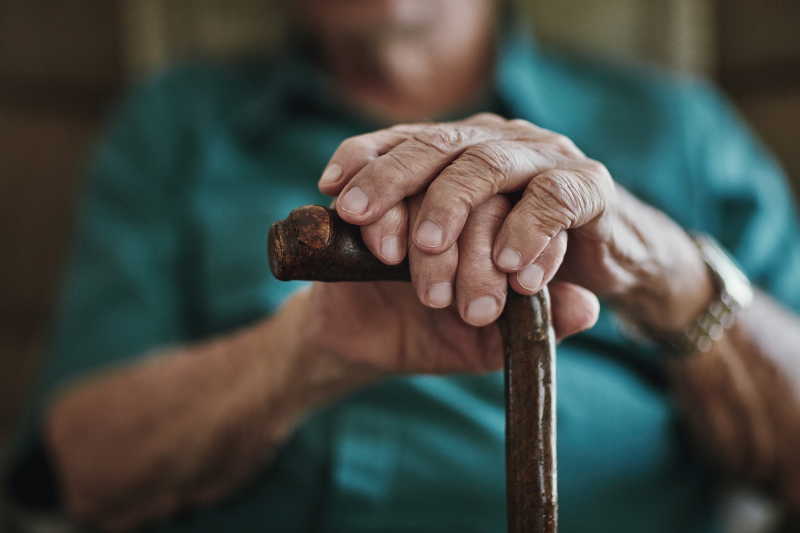
AUSTRALIA
- Zacharias Szumer
- 05 April 2022
6 Comments
Like the aged care sector more broadly, home care is in the process of transition as the federal government implements a system designed around the principles of consumer choice and efficiency. The push is driven by expectations that the number of Australians accessing aged care services will more than triple by 2050.
READ MORE 
-
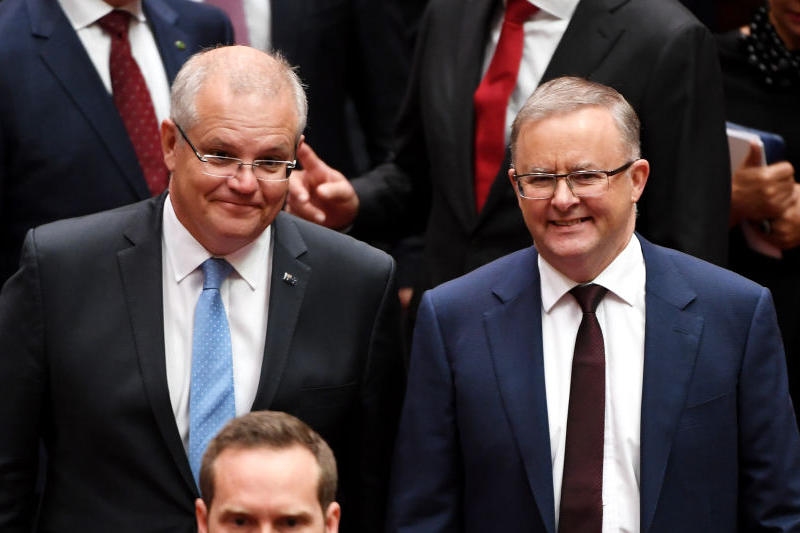
AUSTRALIA
- Andrew Hamilton
- 30 March 2022
6 Comments
By attending to the faces of people who are seen as props to the election campaign, and developing an interest in the background of social change in different parts of Australia, we gain a deeper understanding of Australia and its needs. At one level election campaigns are all showbiz and make believe, but at another the humanity that they can never quite stifle also punctures the images that the contesting partners project of Australia.
READ MORE 
-
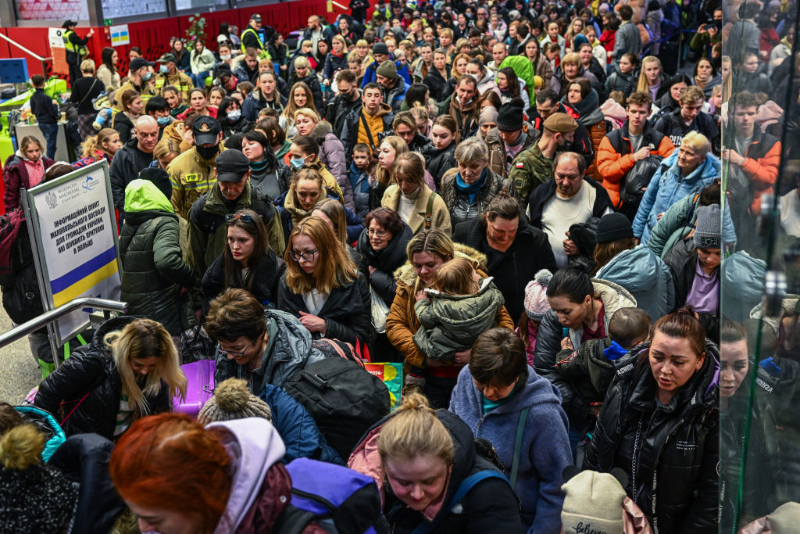
AUSTRALIA
- Binoy Kampmark
- 21 March 2022
12 Comments
While Australia has developed into a multi-ethnic, cosmopolitan state based on immigration and humanitarian intakes, the country has never gotten away from the sense that some are simply more welcome than others. Be they migrants, refugees, or asylum seekers, preferential treatment abounds.
READ MORE 
-
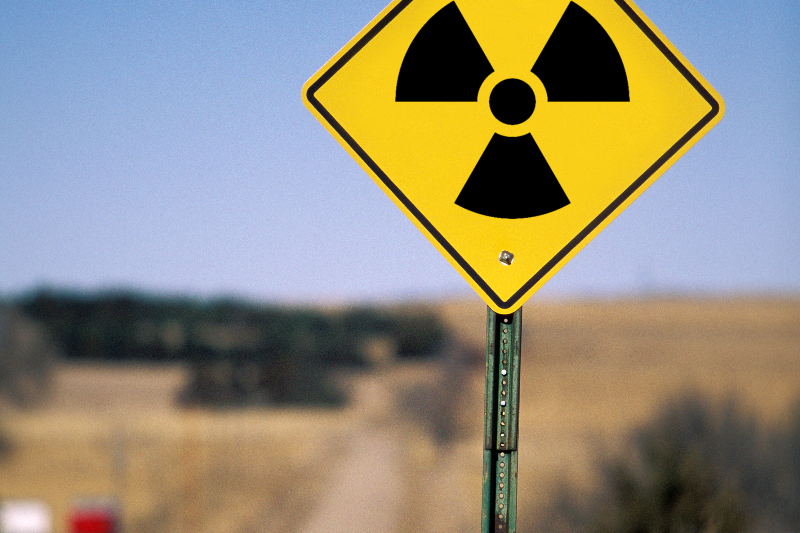
ENVIRONMENT
- Michele Madigan
- 15 March 2022
12 Comments
The long conflict between the federal government plan for a national radioactive waste facility in South Australia and the opponents of the plan has continued to escalate in the past months. On 19 November, Kimba on SA’s Eyre Peninsula was declared South Australia’s Agricultural Town of the Year. Notwithstanding this significant honour, on 29 November the federal Minister for Resources Keith Pitt finally made the formal declaration that Napandee in the Kimba district was the chosen site for the proposed federal radioactive waste dump.
READ MORE 
-
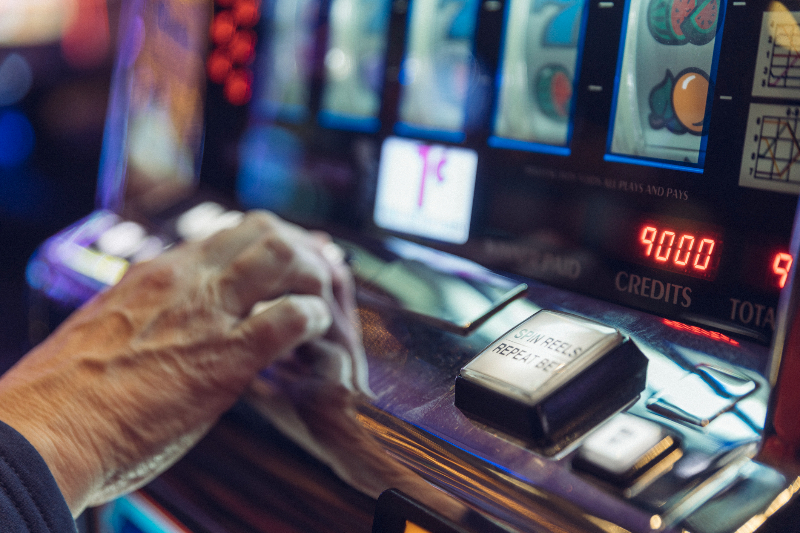
AUSTRALIA
- Frank Hurley
- 24 February 2022
1 Comment
Gambling is now a core national industry providing significant employment, profit for private providers and revenue for governments. All good but, as with every form of industry, there are ‘externalities’. In the case of the gambling industry, it is the personal and social costs of ‘problem’ or ‘addicted’ gamblers that must be taken into account.
READ MORE 
-
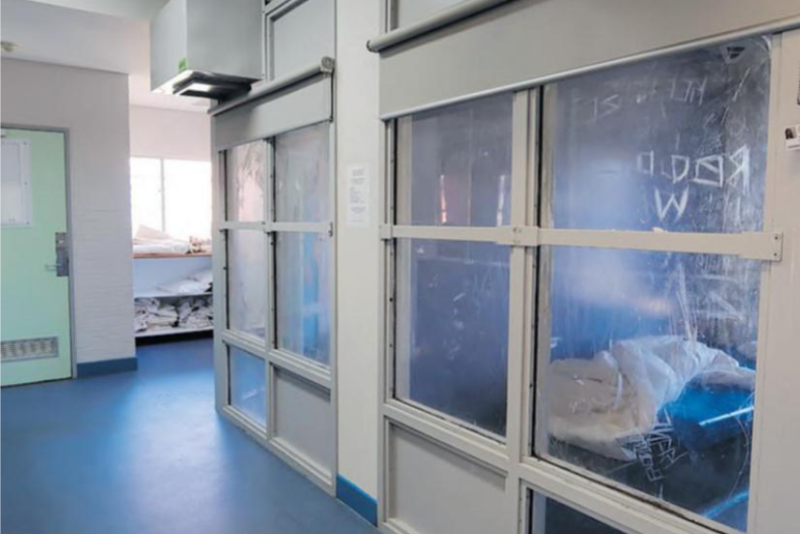
AUSTRALIA
- Julian Butler
- 22 February 2022
5 Comments
Having previously spent time as lawyer working predominantly in the Children’s Court of Victoria, there isn’t too much about the State’s treatment of young people that shocks me. That is, until a few weeks ago when I was drawn to the final item of The Weekend Australian’s editorial column. Under the heading, ‘Hurt boy’s inhuman treatment’, was set out the details of a 15-year-old West Australian boy who had been ‘locked alone in a glass-walled observation cell of a juvenile detention centre in the southern suburbs of Perth for 79 days.’
READ MORE 
-
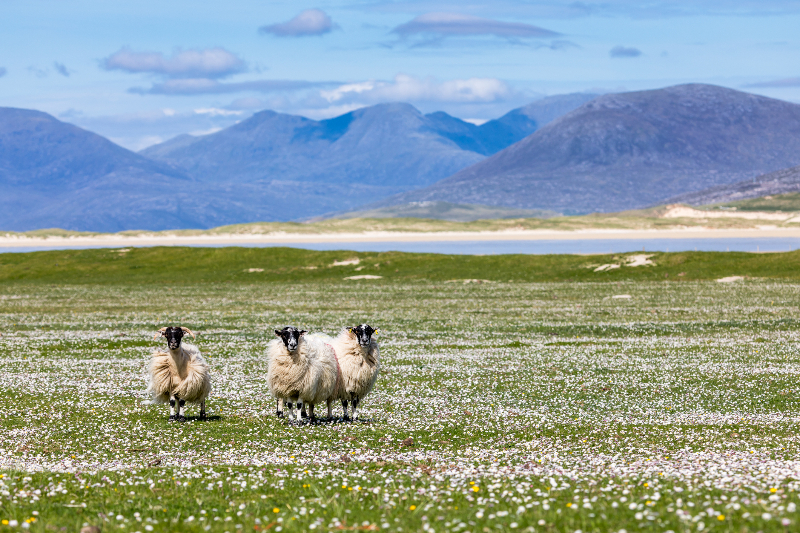
ARTS AND CULTURE
- Lorraine Gibson
- 15 February 2022
Fellow traveller, I urge you / do not simply skirt the margins: / stride out across the machair, touch / freedom’s fruitful fabric. / By all means mosey / around the material: But, / for the love of God, always / digress, digress, digress.
READ MORE 
-
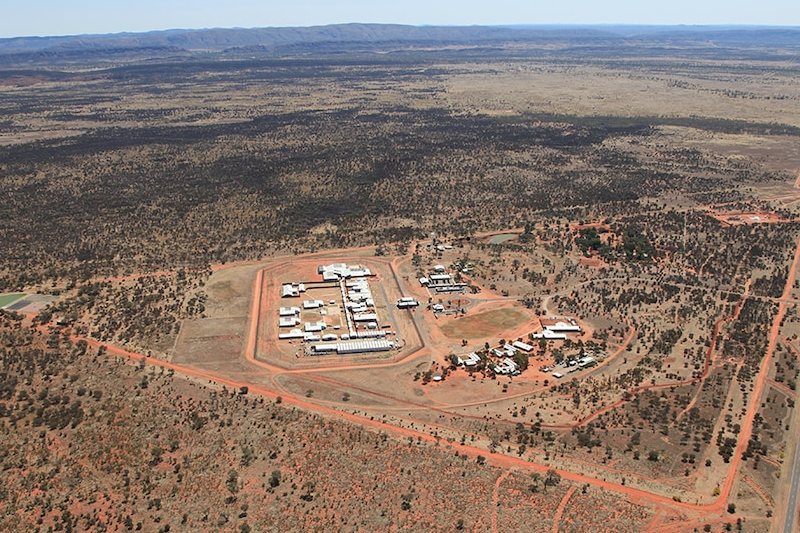
AUSTRALIA
- Julie Edwards
- 18 January 2022
2 Comments
The images are simultaneously striking and terrifying. A raging grassfire that is shooting flames into the sky and destroying nature around it and lapping perilously close to the fences around Central NSW’s Lithgow Correctional Centre. As local residents were evacuated and highways were closed to protect public safety when the fire raged out of control just before Christmas in 2019, 400 prisoners remained detained.
READ MORE 